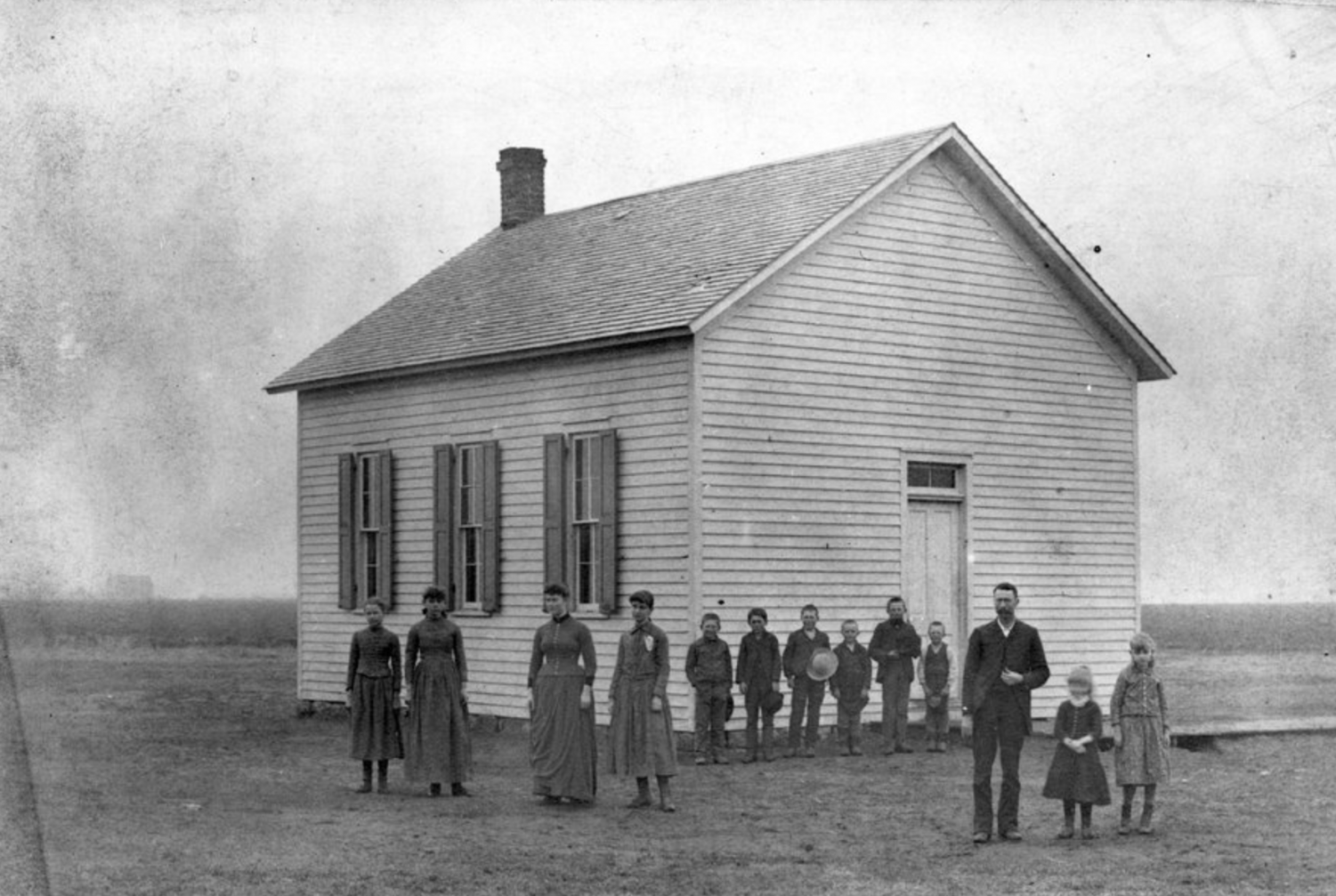Recently, my A.P. English teacher gave my classmates and I an extra credit assignment: write a letter to an editor and have it published. So, like any other teenager, I asked my parents how exactly I should go about that. They gave me a couple examples, as well as the rules for submission. My mother then gave me the idea of using my experience as a rural education student to assist me in my assignment. Here is an editorial showing what I believe are the benefits of a rural education.
Many things are possible with rural schooling; things such as having experience in the woods. From preschool through my sophomore year, the woods have been a part of my school curriculum. The woods have been made up of various nature trails, of which science teachers have taken the most advantage of. They often would have students walk through, looking for what we were learning about in the classroom. This ranged from different types of moss to the relationship in which the biomes interact. Teachers were effectively bringing us outside and into nature while still teaching us the state curriculum.
There is an important agricultural aspect in rural schools, of which gardening and fresh foods have a large part in. At both schools I have gone to, there have been plentiful gardens on site. This allows the schools’ cooks to access the vegetables from the gardens and use them in the students’ lunches. This has also taught students how to plant gardens and be able to provide sustainable foods for themselves as adults.
Another benefit that comes with rural education is community support. The community is willing to do things for and with the students. Many have led a variety of afterschool programs through the years, some of which I have attended. I have participated in leather working, lampshade making, wood burning, and taekwondo. There have also been more traditional after school activities such as newspaper club and theatre. These opportunities have broadened my horizons and influenced what I want to pursue as a career. The community also supports small events and is always sure to turn up whenever something important happens to demonstrate their investment. Students know that they have the support of the community, especially during fundraising. Community members will often donate to student fundraisers, which can range from food sales to raffles. It doesn’t only encompass money, though. Many people will give their time. It could be hours in the hot, blistering sun or indoors, slaving over a hot stove. The community is willing to help us with fundraisers and events as well as sacrifice time to assist us in our everyday lives as students.
The schools I have gone to have felt like a community in themselves. When growing up in rural areas, the people you go to preschool with are the people you will probably graduate with. This can make for some great bonding experiences. I have known some people I go to school with for fourteen years. Some teachers will come and go, but most of the time they stay in the same school for the duration of your years there. This leads to strong relationships between students and teachers, not just between students and their peers.
Overall, I believe that rural schools have brought me closer to nature and my community. We have even been taught skills that we can use as we become active members of our community. These skills can range from agriculture to lampshade making. The benefits of rural education come in many different varieties but above were a few that I believe will carry on with me for the rest of my life.
